16 Things I Want To Hear My Students Say
“Ohhh, I get it.” The iconic phrase that teachers value hearing. A sign you’ve moved a student. Something you want to hear your students say.
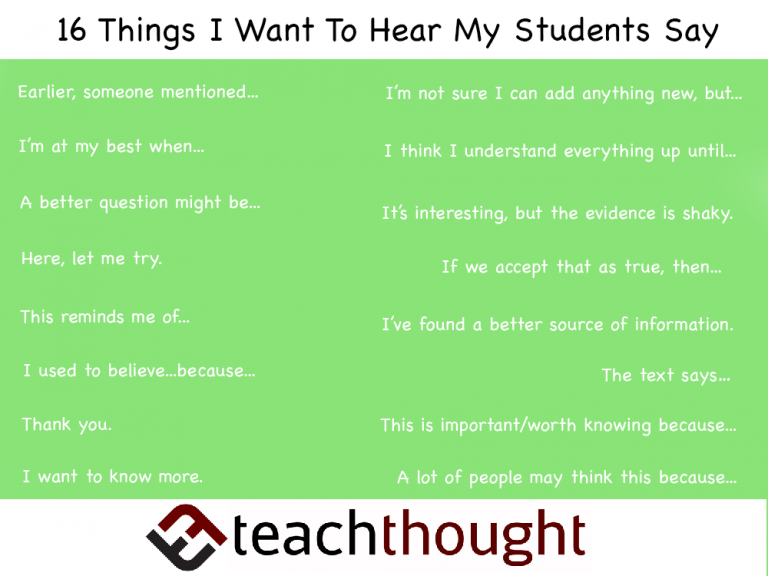
“Ohhh, I get it.” The iconic phrase that teachers value hearing. A sign you’ve moved a student. Something you want to hear your students say.
Families and communities often only recognize the bits and pieces of education they’ve seen before–letter grades, essays, book reports, and report cards.
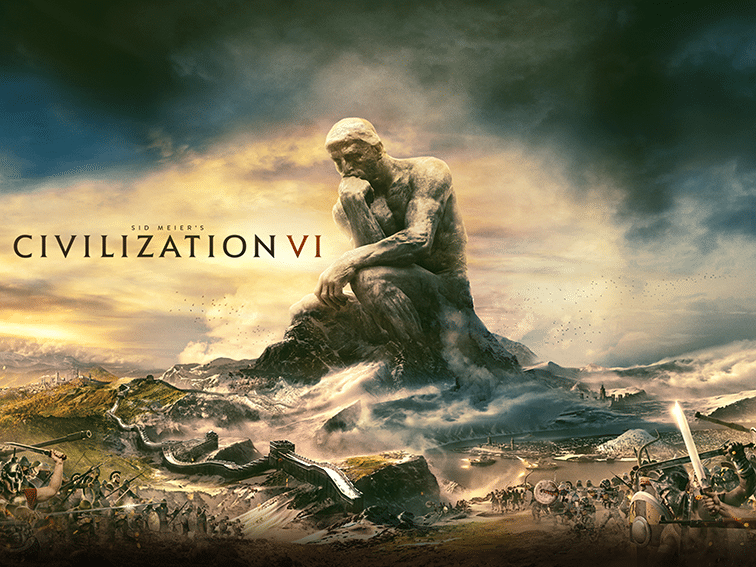
We’re blown away by Civilization VI’s complexity, scale, and potential as a tool for teaching social studies.
25 Predictions I Made About The Future Of Education by Terry Heick Originally published Dec 22, 2012 Preface: I talk a lot about the future of learning, and sometimes it’s fun to go back and look to see how off I was about some things while getting lucky and being a little less wrong about…
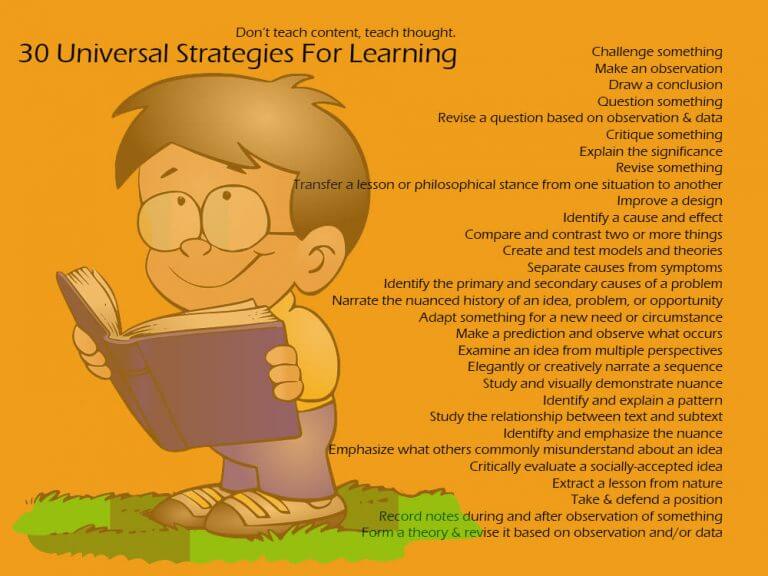
From making an observation and drawing a conclusion to forming and improving a question, here are 27 strategies for critical learning.
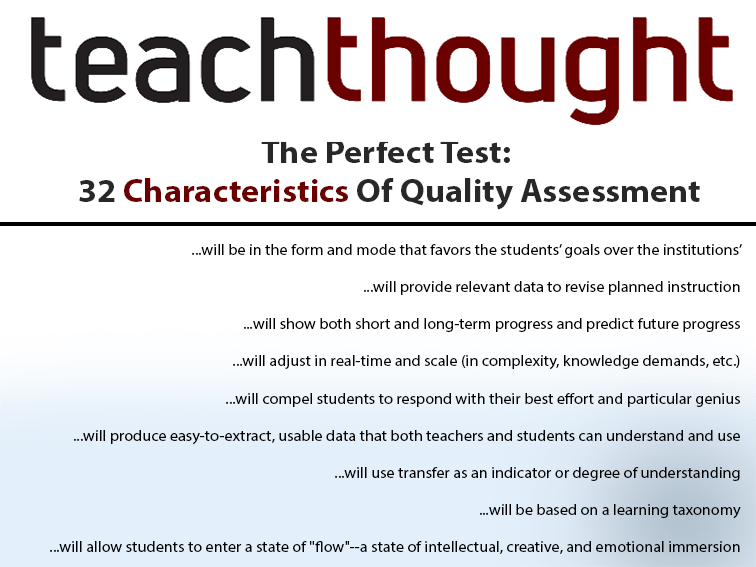
If we can design anything–not just digitize multiple choice questions, but start from scratch — what would a quality assessment be like?
According to John Dewey, ‘We must prepare our students…for their world.’ by Terry Heick “The world is moving at a tremendous rate. No one knows where. We must prepare our children not for the world of the past, not for our world, but for their world–the world of the future.” That’s not Ken Robinson, but…
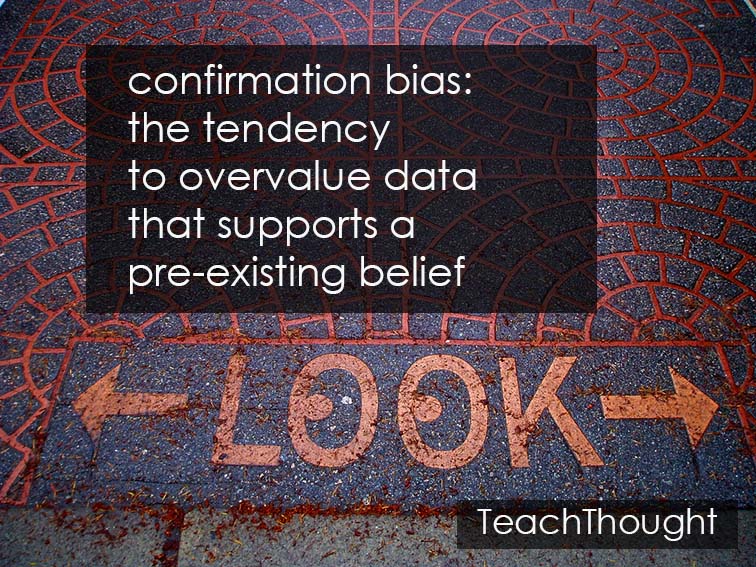
What is confirmation bias? Broadly speaking, confirmation bias is the tendency of people to overvalue data that supports their own beliefs.
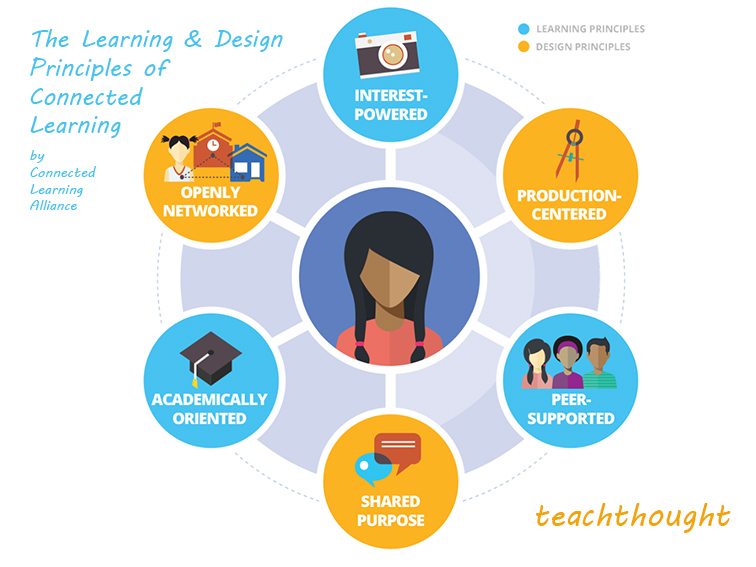
What is Connected Learning? An approach to learning that views interests and passions that are developed in a social context as essential.
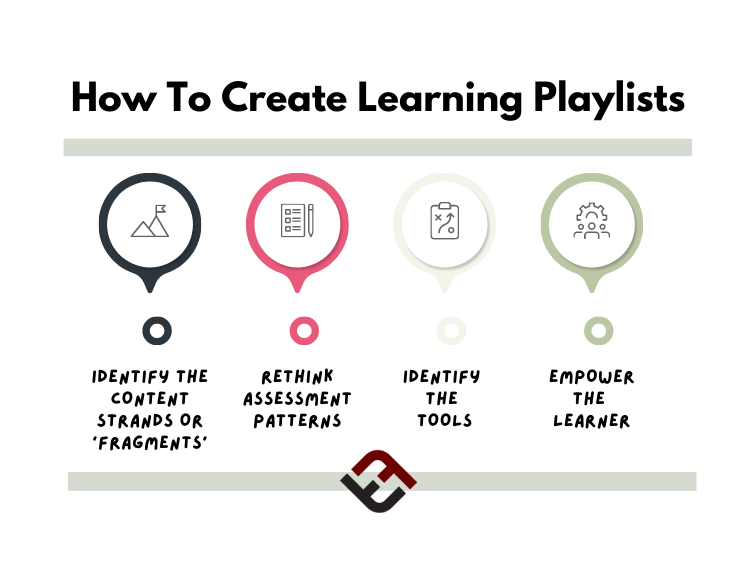
Each learner has access to content and tools to consume content in an order that is within their unique ZPD and cultural schema.
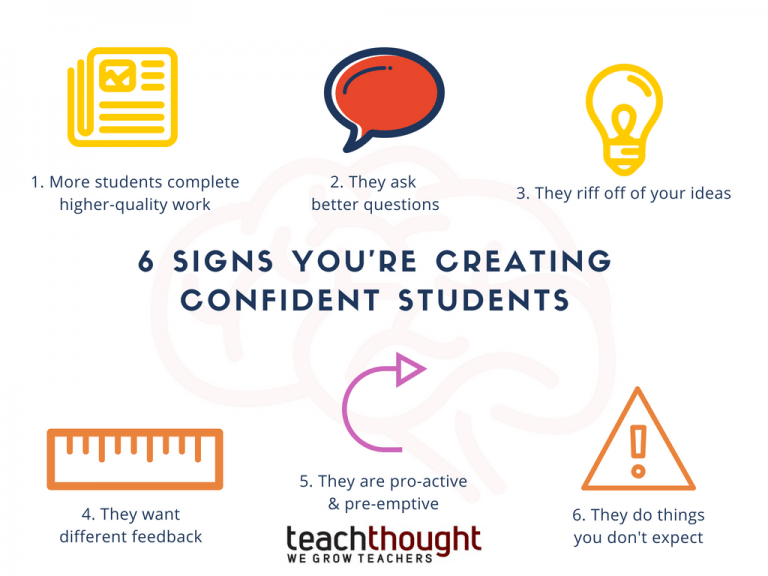
Self-confident and efficacious students are able to persevere in the face of obstacles and challenges.
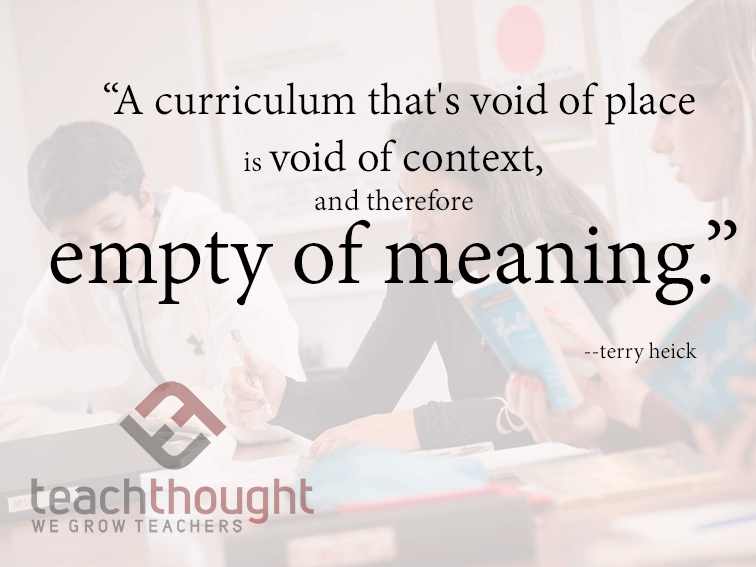
The value of ‘place’ in learning lies in its context: People seek to know things in order to do them, and these things are done in a ‘place’.